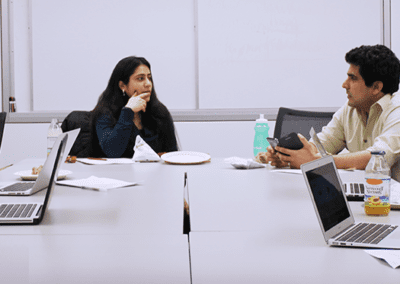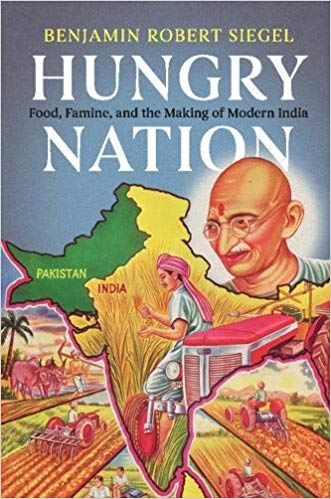TestPage
SubheadingSection Name
Lorem ipsum dolor sit amet, consectetur adipiscing elit. Aliquam justo lectus, ultrices et luctus et, dictum et erat. Suspendisse at tellus sagittis, condimentum metus vel, fermentum libero. Sed pharetra mauris et justo ornare rutrum. Aliquam sodales lorem ut ipsum vehicula faucibus. Proin ornare ullamcorper condimentum. Curabitur at felis faucibus, sodales elit dapibus, fringilla purus. Vivamus eu sagittis est. Nulla a placerat metus. Nulla tincidunt lorem lorem, id sollicitudin arcu malesuada ac. Suspendisse laoreet imperdiet elit eget fermentum. Quisque vitae rhoncus purus. Nulla semper fringilla orci, sit amet bibendum massa fermentum sit amet. Donec aliquam felis eget hendrerit pellentesque. Proin at erat nisl. Proin porta varius odio, quis luctus eros pellentesque finibus.
Title1
j2lfh2fk 2lfh
Title1
j2lfh2fk 2lfh
Title1
j2lfh2fk 2lfh
Nunc feugiat lectus urna, in rutrum risus tempus eget. Cras at ante ut orci pharetra placerat. Nam pulvinar, lacus nec consequat tincidunt, arcu est gravida libero, eget lacinia velit nisi id tortor. Donec cursus felis at enim faucibus feugiat. Nulla nec lacus at lorem consequat gravida. Vestibulum ante ipsum primis in faucibus orci luctus et ultrices posuere cubilia Curae; Maecenas malesuada dui at dolor cursus eleifend. Sed fringilla, urna pretium sodales tempus, augue tortor volutpat urna, quis pretium justo mauris efficitur leo. Pellentesque fermentum dapibus interdum.
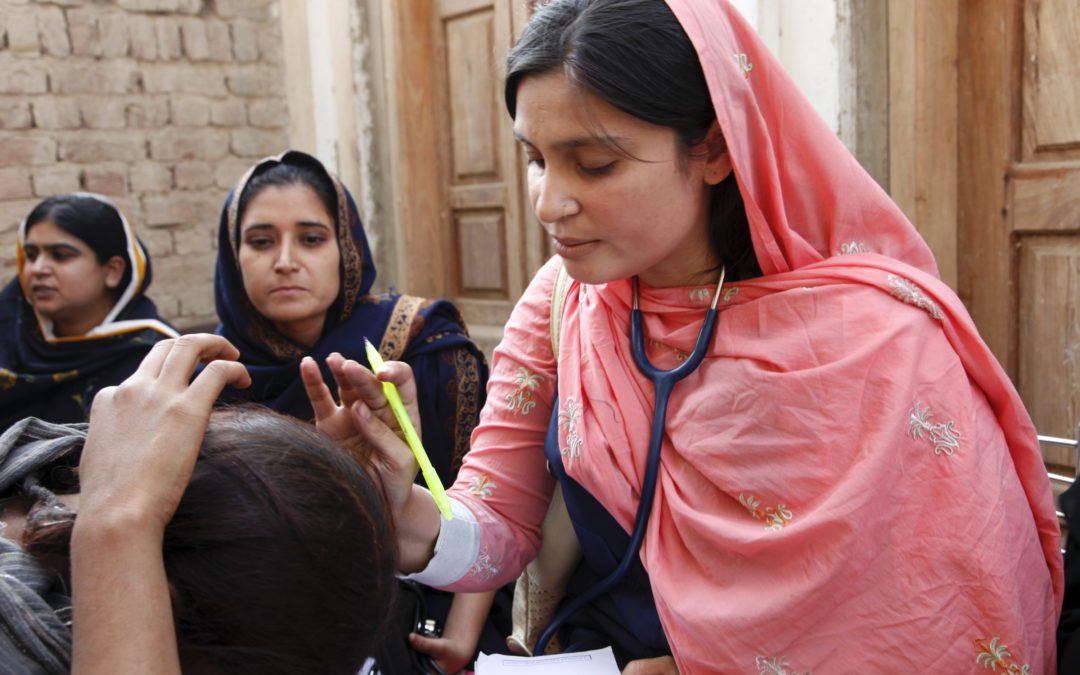
Podcast: The Digitization of Healthcare in India
Who will benefit from big health data in India? And who will be harmed? Whom will the data leave behind? We’re at an extraordinarily important time in India where digital health is concerned, and given the infrastructure, internet connectivity, and the sheer number of computer and data scientists available, India is positioned to change the way healthcare delivery has been imagined anywhere in the world. In this podcast, Dr. Satchit Balsari, Assistant Professor in Emergency Medicine at Harvard Medical School and Beth Israel Deaconess Medical Center and Fellow at Harvard FXB, and Rahul Matthan, Partner with Trilegal in India, discuss the digitization of the health ecosystem in India.
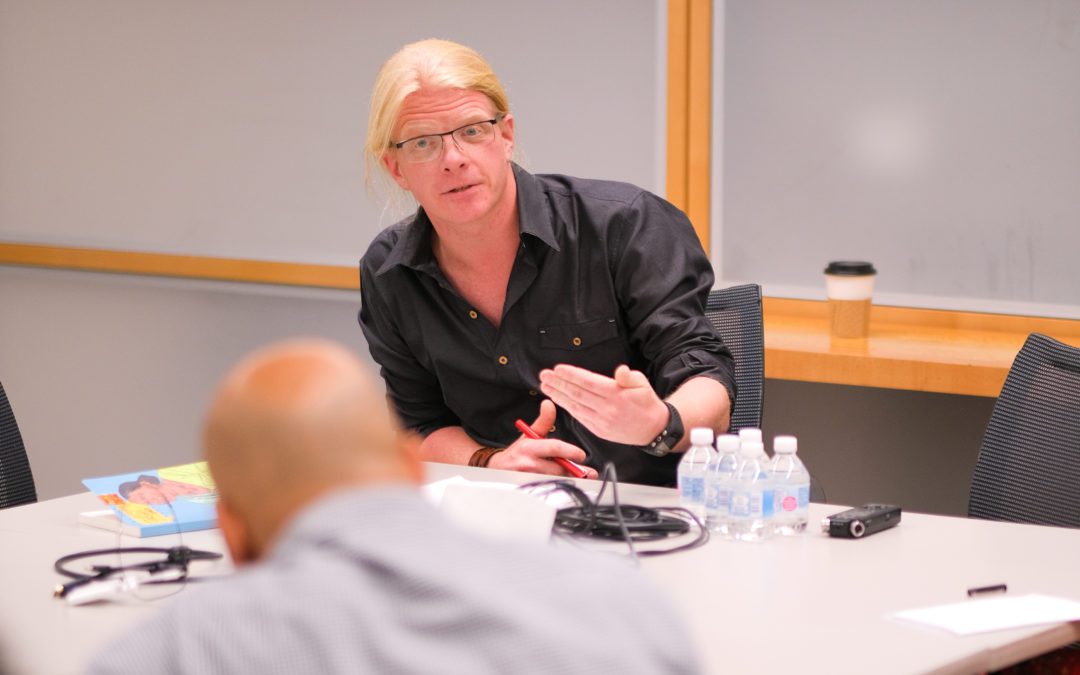
Exploring the Roots of Insurgent Citizenship in India’s Bhil Heartland
In India, subaltern groups must resort to the universalizing vocabulary of citizenship in order to stake claims for redistribution and recognition. But on what basis do they do this — especially under severe coercion? This week, Alf Nilsen, Professor of Sociology at the University of Pretoria, uncovered the answers to this question by investigating movement patterns in the Bhil heartland of western India, where Adivasi communities have organized and mobilized against the tyranny of the local state.
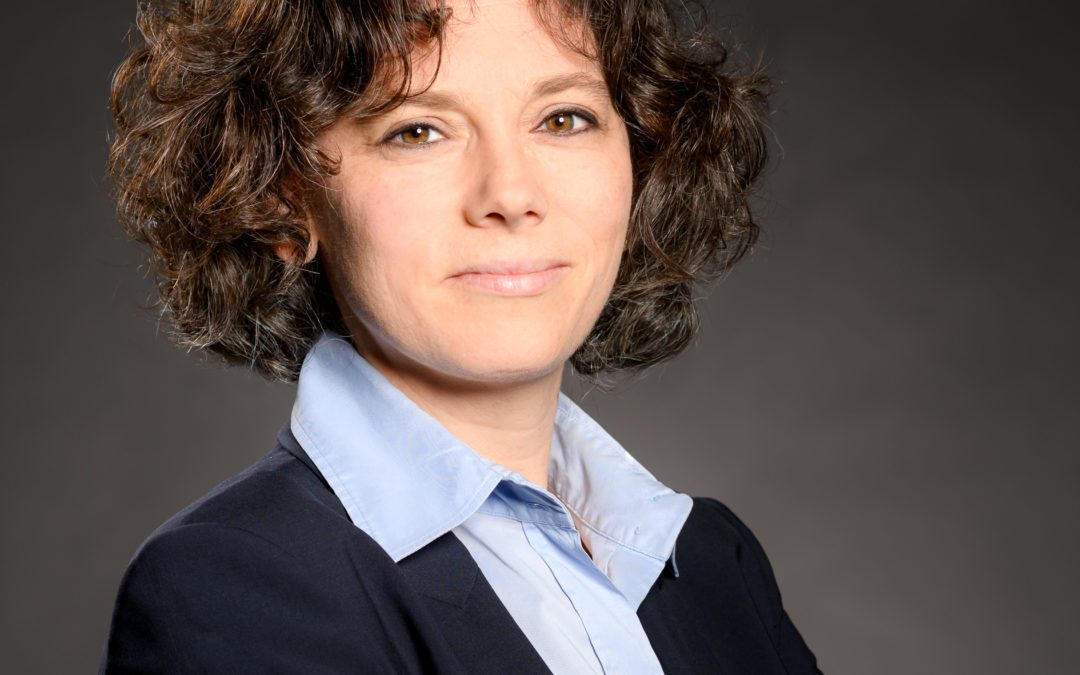
Rachel Brulé: Political Equality and “Strongman Politics” in India
Around the world, numerous nations have witnessed a resurgence of strongman politics — and with it, many governments are beginning to bypass democratic norms and embrace more populist ideals. We spoke with Rachel Brulé, Assistant Professor of Global Development Policy at Boston University’s Pardee School of Global Studies, to learn more about what nationalist leadership means for India, and its potential effects on political representation throughout the nation.

Architectural and Urban Ecosystems in Bangladesh’s Rohingya Refugee Camps
By Tommy Schaperkotter. This summer I traveled to Bangladesh to survey and conduct fieldwork in the Rohingya refugee camps located in the Ukhiya and Teknaf regions, adjacent to the country’s border with Myanmar. I am pursuing this research as a component of a publication and my master’s thesis at the Harvard Graduate School of Design, which addresses the architectural and urban patterns of refugee settlements created in the wake of forced migration that has engendered a humanitarian crisis heretofore unprecedented. This crisis is often explained as one of refugees, but not always as one of refuge, of architectural spaces where the voices, memories, and capabilities of people are held in abeyance, precluded from substantive participation in the creation of their own built environment.
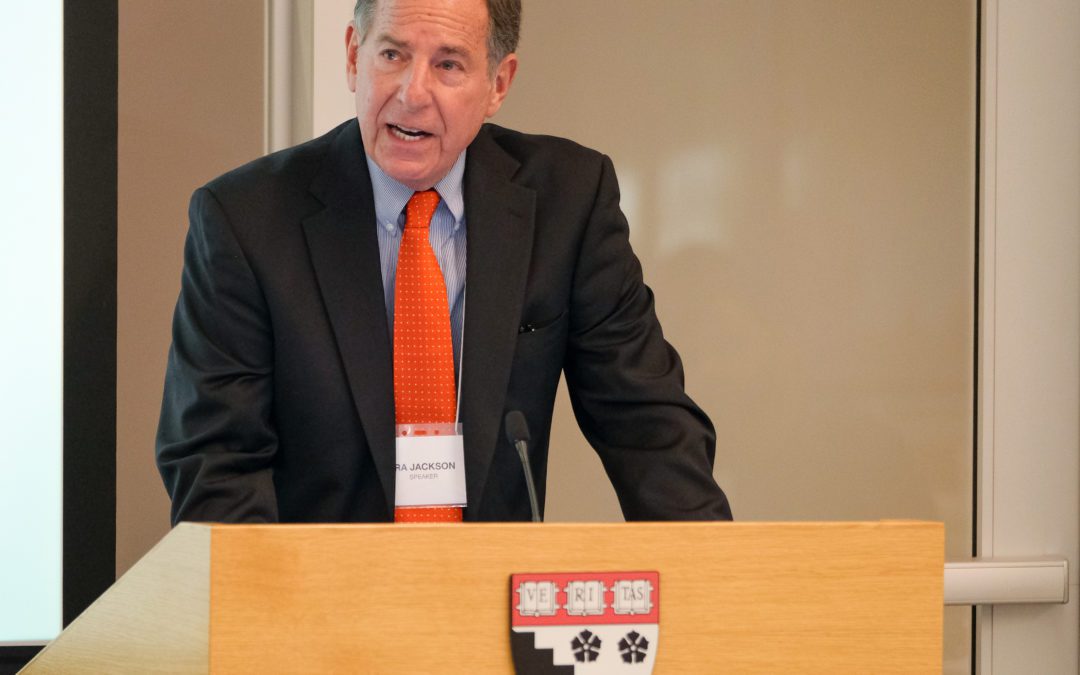
Ira A. Jackson: Bangladesh Is Paving a New and Distinctive Path of Progress
The following transcript contains the remarks given by Ira A. Jackson, Visiting Lecturer on Sociology at Harvard University, at the conclusion of the Mittal Institute’s Bangladesh Rising Conference on September 16, 2019.
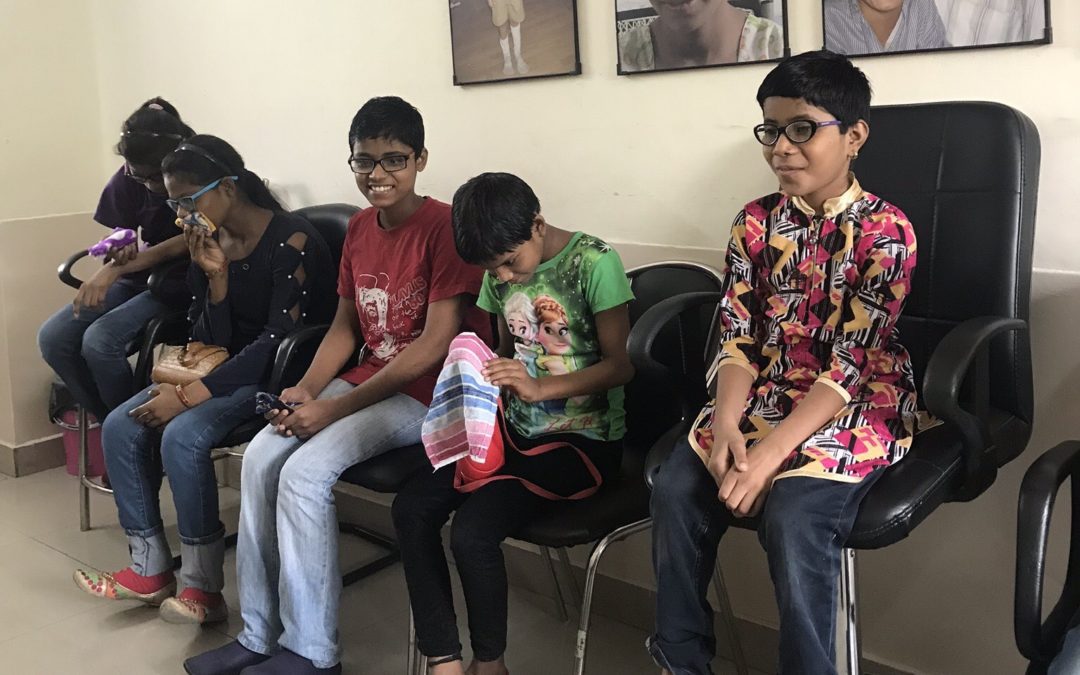
Project Prakash Tackles Preventable Blindness in Children
The World Health Organization estimates that over 1.4 million children in the world are blind, and “approximately three-quarters of the world’s blind children live in the poorest regions of Africa and Asia.” In India, only 40 percent of the 23,000 primary healthcare centers have the capacity to provide refractive services that could eliminate preventable blindness in children. Since 2005, Project Prakash has been working at the very grassroots of India, connecting hundreds of villages to the most sophisticated eye care available and building awareness about treatable and preventable blindness.

On Display: Centuries-Old Art from the Indian Subcontinent
Working with the Davis Museum at Wellesley College, Harvard doctoral student Sonali Dhingra has brought to life a collection of South Asian paintings and sculptures from across the Indian subcontinent, provided by private collectors Carol (alumna of Wellesley College, ’79) and John Rutherford. This fall, the Rutherford Collection will be on display at the Davis Museum from September 12 to December 15, 2019.

Announcing India Science Fest 2020, a Science and Technology Festival
The beginning of 2020 will mark a massive celebration of science and technology with the India Science Fest, which aims to bridge the gap between science and society. This extravaganza is a non-profit initiative to help youth engage with the latest in science from across the world, fueling curiosity and demystifying the scientific career path. Aspiring Minds, an Indian-born global assessments leader, is a lead organizer of the Festival in association with the Lakshmi Mittal and Family South Asia Institute at Harvard University, the primary academic partner for the event.
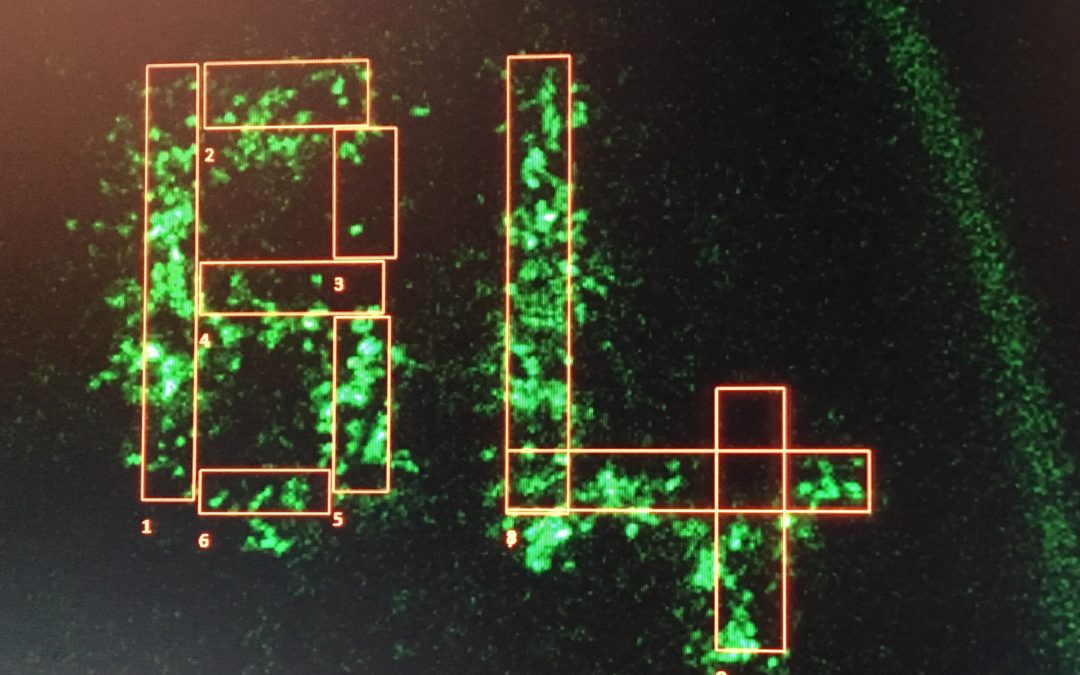
Under the Microscope with the B4 Science Program
The Mittal Institute’s Building Bharat-Boston Biosciences (B4) program works to establish connections between institutions in India and Boston to promote scientific research and build new knowledge in the field of biosciences. Each year, the B4 program holds two workshops in India that convenes a group of talented Indian university students and introduces them to the latest developments in the life sciences. Over the summer, one of these workshops was hosted at IISER in Pune as part of the program, bringing in 25 students from universities and institutions all across India to receive training from experts in Advanced Light Microscopy techniques, ranging from basic microscopy to super-resolution imaging.
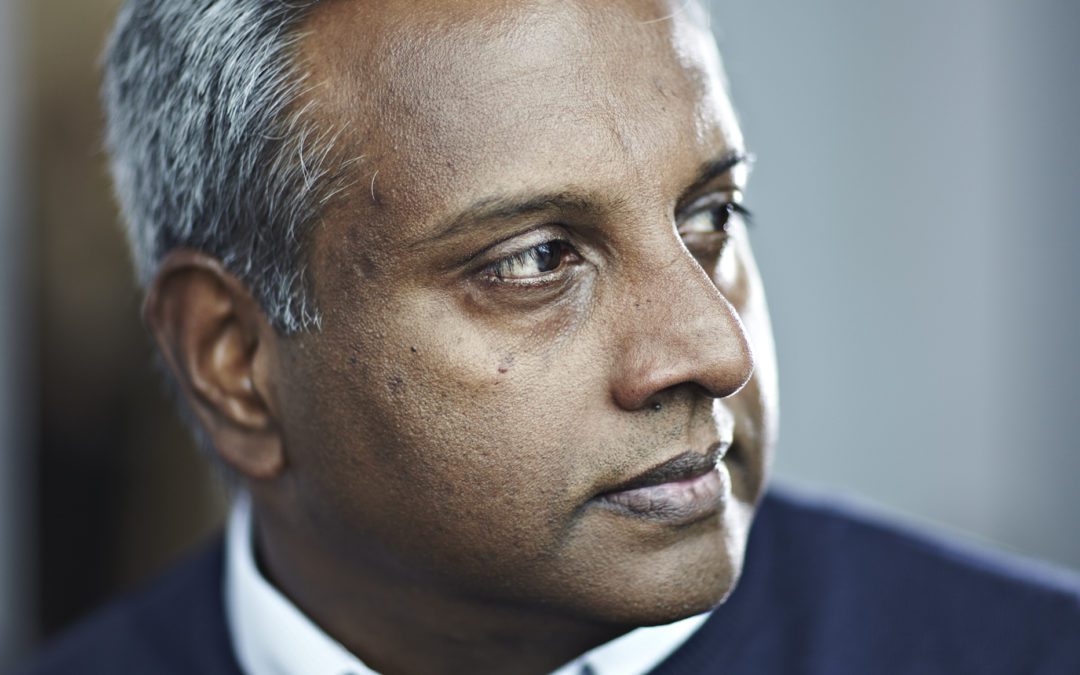
Salil Shetty: Decoding the Kashmir Crisis
We spoke with Salil Shetty, Senior Fellow at the Carr Center for Human Rights at Harvard Kennedy School and Mittal Institute Research Affiliate, to learn more about his perspective on the current events unfolding in Kashmir. Shetty, a human rights expert and the former Secretary General of Amnesty International, will spend the next year at Harvard performing research and lending his expertise to the community.
Nunc feugiat lectus urna, in rutrum risus tempus eget. Cras at ante ut orci pharetra placerat. Nam pulvinar, lacus nec consequat tincidunt, arcu est gravida libero, eget lacinia velit nisi id tortor. Donec cursus felis at enim faucibus feugiat. Nulla nec lacus at lorem consequat gravida. Vestibulum ante ipsum primis in faucibus orci luctus et ultrices posuere cubilia Curae; Maecenas malesuada dui at dolor cursus eleifend. Sed fringilla, urna pretium sodales tempus, augue tortor volutpat urna, quis pretium justo mauris efficitur leo. Pellentesque fermentum dapibus interdum.
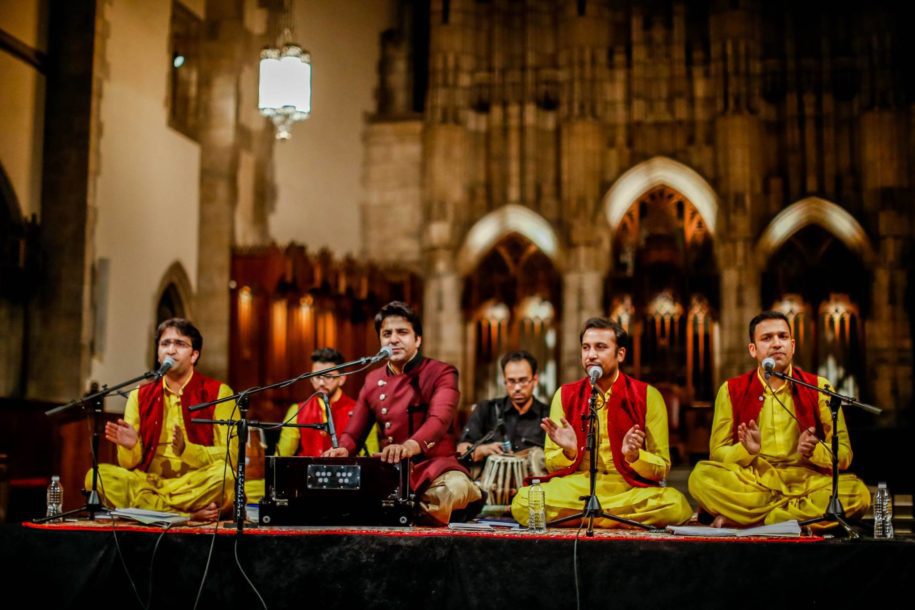
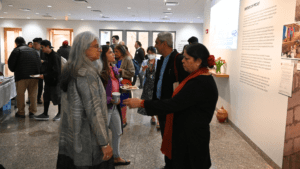
Caption here
Welcome to The Lakshmi Mittal and Family South Asia Institute at Harvard University! We are dedicated to exploring the rich and diverse cultures of South Asia through research, education, and engagement. Our institute brings together scholars, students, and practitioners to foster innovative thinking and collaboration. Discover our wide range of programs, events, and resources that celebrate the vibrant tapestry of South Asian heritage. Join us on this exciting journey of knowledge and discovery!
